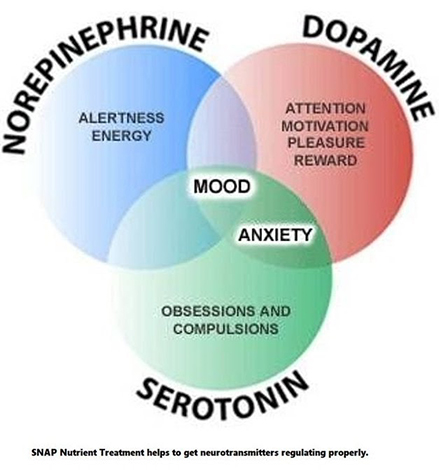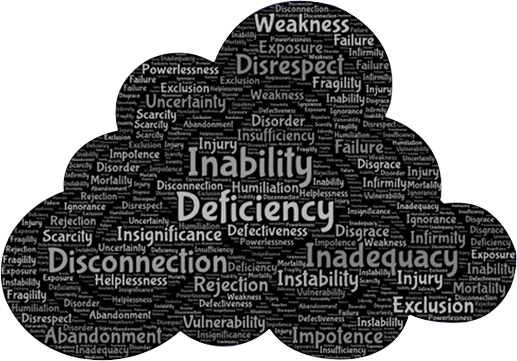Body-Wide Effects and a Chemical Imbalance in the Brain
What is a chemical imbalance in the
brain, and how does it affect the body?
Certain molecules, referred to as
neurotransmitters, are thought to cause a brain chemical
imbalance when they are present in either excessive or insufficient
levels. Neurotransmitters are organic compounds that support the transmission
of your nerve cells.
When these transmitters are destroyed, or
to put it another way, when the brain's chemical equilibrium is off,
information transmission across areas is disturbed. These transmissions go
wrong, which causes mental diseases.
It is widely argued that chemical
imbalances in the brain are what cause mental health conditions like anxiety
and depression. The chemical imbalance theory is entirely speculative,
according to the researchers, and is not supported by any empirical evidence.
This kind of view ignores the whole complexity of mental illnesses.
In other words, there are many other
elements besides just chemical imbalances in the brain that contribute to
mental health problems.
What indications of a chemical
imbalance in the brain might there be?
Scientists first proposed in the late
1950s that chemical imbalances in the brain are what cause mental health problems.
The majority of recent research has focused on the connections between brain
chemicals and conditions like depression and anxiety.
They postulate that neurotransmitter
levels below normal can cause symptoms like the ones listed below:



Comments
Post a Comment